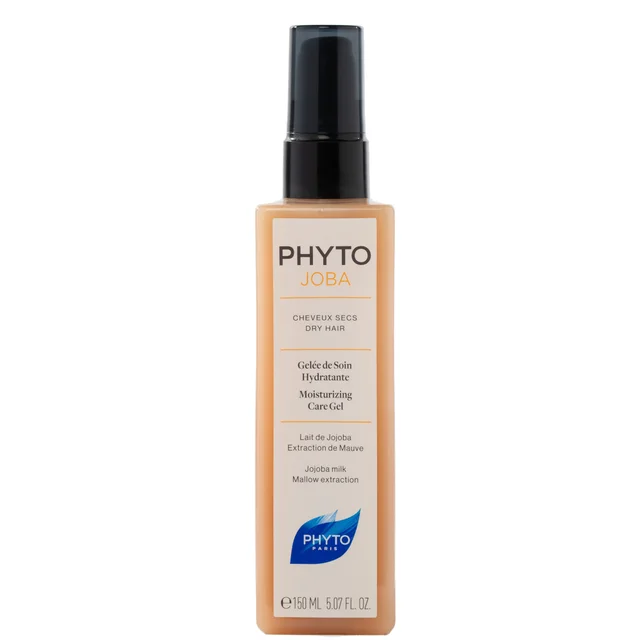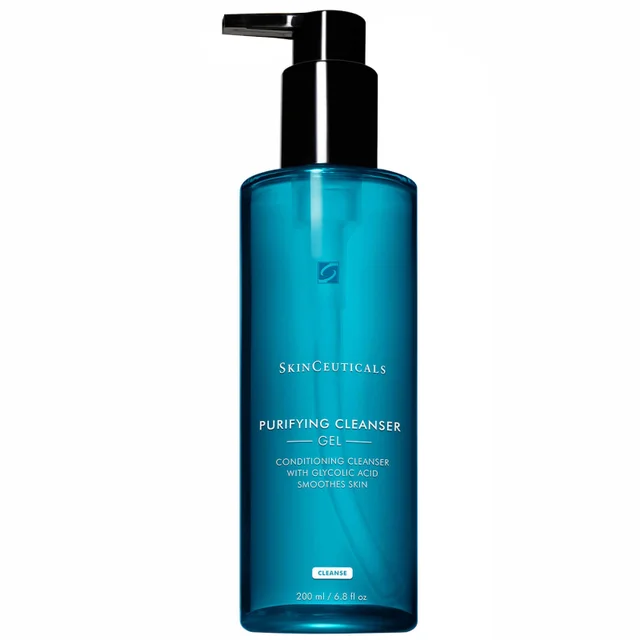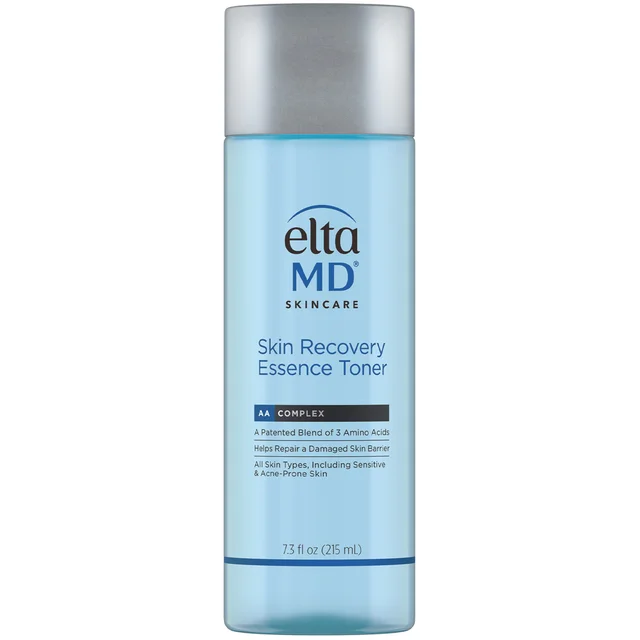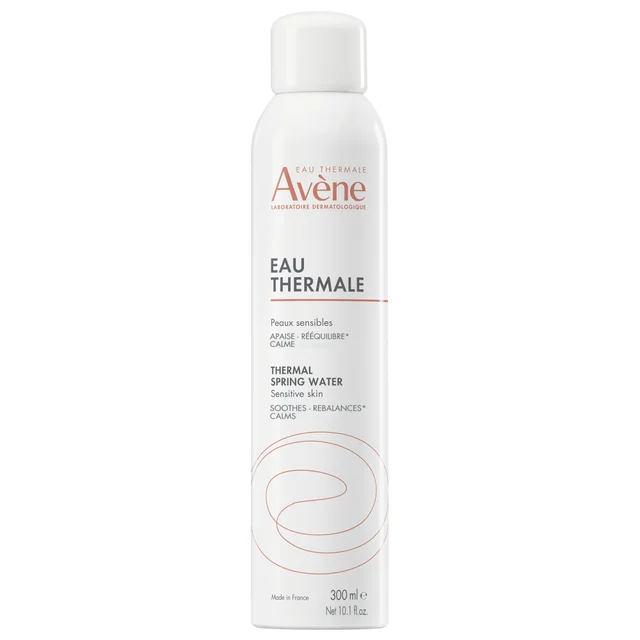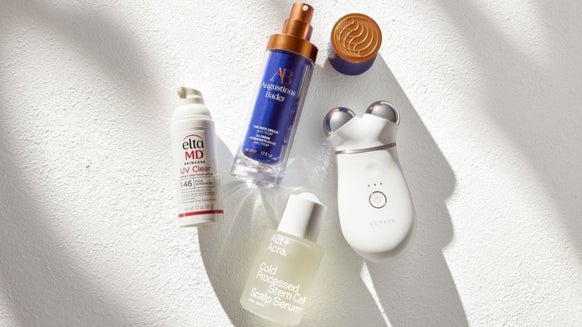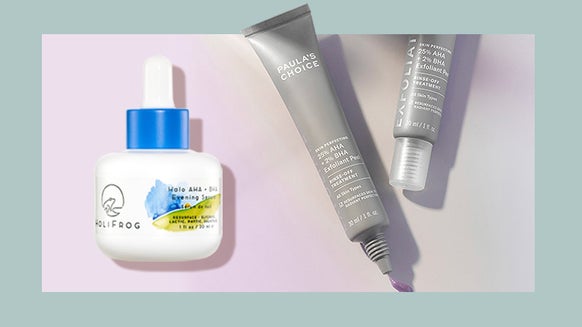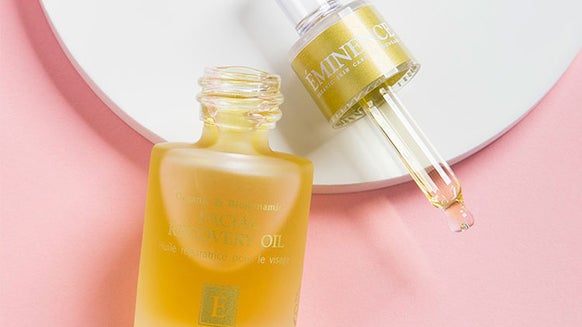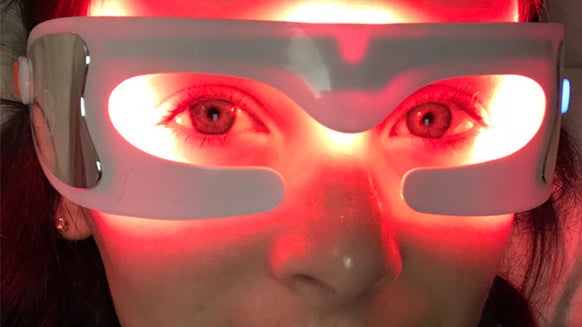Hard Water Versus Soft Water: Effects on Skin & Hair
What Is Hard Water?
“The abundance of minerals and chemicals in hard water can leave behind buildup,” says cosmetic chemist Ron Robinson of BeautyStat.com. They prevent hard water from completely dissolving the ingredients in your formulas (as well as the grime you’re trying to get rid of) so washing with it can leave behind a film-like residue. On skin, that residue can exacerbate breakouts, dryness and even bring on irritation, especially if you have sensitive skin. That’s not all: Hard water can affect the skin on your scalp, too, causing dryness and that telltale itch.
As for your hair, it may feel like it does when you haven’t thoroughly rinsed out all of your shampoo. So, you might notice it feeling dull, limp or super-dry (think straw-like) to the touch. On top of that, hard water can also lead to faster fading and altered color in color-treated hair. “Minerals in hard water, like calcium and magnesium, bond to hair,” explains cosmetic chemist Al-Nisa Ward of Cosmetic Science Innovations. “This causes hair to look dull or discolored.”
There’s good news (we promise!). Most people can’t even tell if they have hard water. But if you can’t explain your dry skin and suspect your water, there are a few steps you can take. Try cleansing with micellar water like Vichy 3-in-1 Calming No-Rinse Micellar Solution, which removes tiny particles and doesn’t require rinsing with water. As for your hair, Ward recommends a clarifying shampoo. “Clarifying shampoos contain chelating agents, which bond to the excess minerals on the hair, allowing them to be removed,” she explains. They can be drying, warns Ward, so use it two or three times a month. (Dermstore suggests Leonor Greyl Crème aux Fleurs Treatment Cream Shampoo.)
What Is Soft Water?
But it’s possible to have too much of a good thing—and soft water may flatten your hair or give it a greasy texture. “Soft water can make hair limp and lifeless,” says Ward. But it’s less damaging than hard water, and you can negate its effects by washing with a volumizing shampoo and lightweight conditioner. (Try John Masters Organics Rose & Apricot Hair Milk) Still, unless you have flat or fine hair, you might not notice its effects at all.
Whether you have hard water or soft water might not even be a concern to you. And, if you don’t notice any adverse effects, there’s no reason to treat it. But if you

From the latest hair and makeup trends to the best solutions for your skin issues, we've got all your beauty concerns covered!
